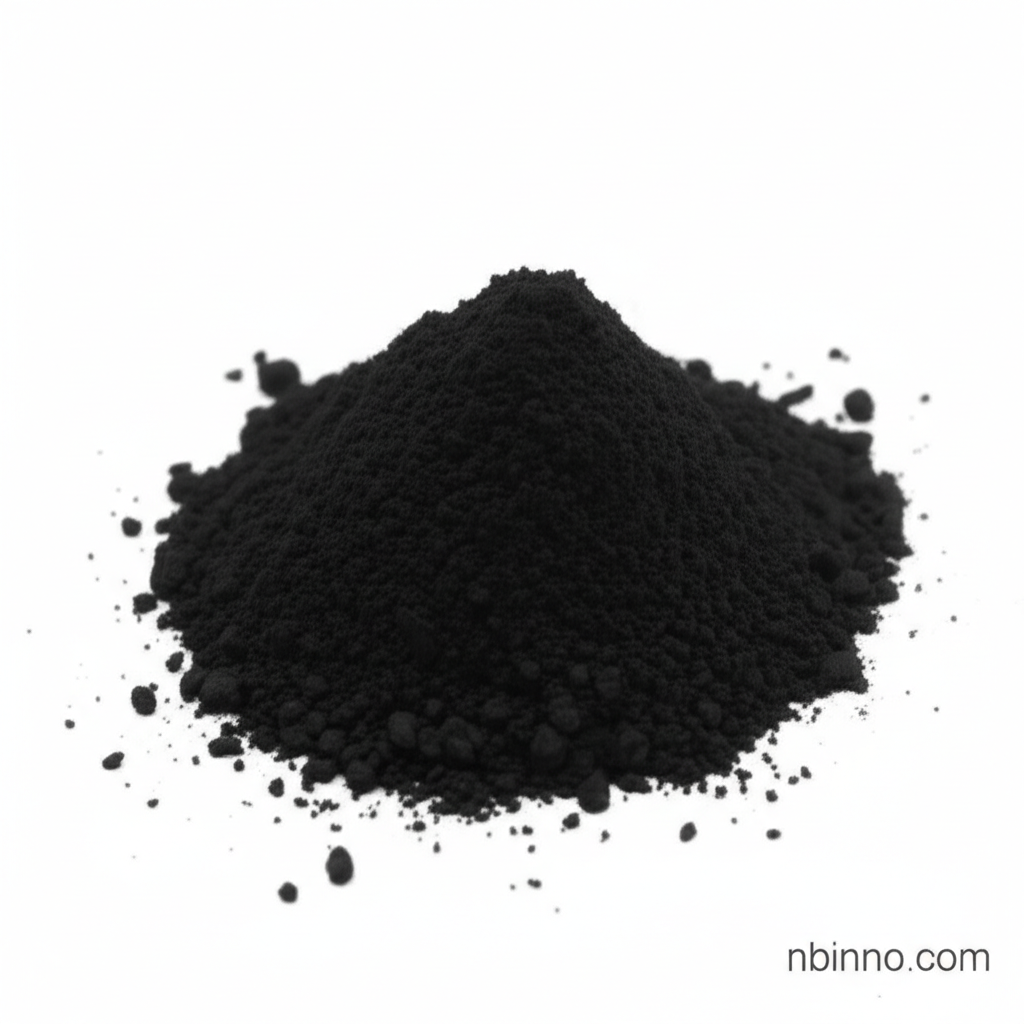High-Purity Activated Carbon (CAS 7440-44-0): Properties, Applications, and Manufacturing Insights
Discover the versatile world of activated carbon, a key material for purification and adsorption across various industries.
Get a Quote & SampleProduct Core Value

Activated Carbon
Activated carbon is a highly porous form of carbon that possesses an extremely large surface area, making it an exceptional adsorbent for a wide range of impurities and contaminants. It is manufactured through processes that 'activate' carbonaceous materials, significantly enhancing their adsorption capabilities.
- Leveraging activated carbon for effective water purification is a key application. This helps remove organic contaminants and improve water quality for drinking and industrial uses.
- Understanding activated carbon applications in air filtration highlights its role in removing pollutants and odors. This ensures cleaner air in various environments.
- The activated carbon price varies based on source materials and activation methods, but its cost-effectiveness in purification processes is well-established.
- Exploring how to order activated carbon for your specific needs ensures you access this powerful purification medium.
Advantages of Activated Carbon
Exceptional Adsorptive Capacity
Activated carbon's microporous structure provides an enormous surface area, enabling it to efficiently adsorb a wide spectrum of organic molecules and other contaminants, which is crucial for many purification processes.
Versatile Industrial Use
From water treatment to gas purification and chemical processes, the uses of activated carbon span numerous industries due to its robust adsorption properties and adaptability.
Cost-Effective Purification
Despite its advanced processing, activated carbon often proves to be a cost-effective solution for large-scale purification needs, offering significant value in contaminant removal.
Key Applications
Water Purification
Utilizing activated carbon for water purification effectively removes dissolved organic compounds, chlorine, and other impurities, ensuring safe and clean water supplies.
Air Filtration
In air filtration systems, activated carbon adsorbs volatile organic compounds (VOCs), odors, and other airborne contaminants, improving indoor air quality and industrial emissions control.
Chemical Processing
Activated carbon serves as a catalyst support and purification agent in various chemical reactions, enhancing process efficiency and product purity.
Medical Applications
In medical contexts, activated charcoal is used to treat poisonings and overdoses by adsorbing toxins in the gastrointestinal tract, demonstrating its critical role in healthcare.
